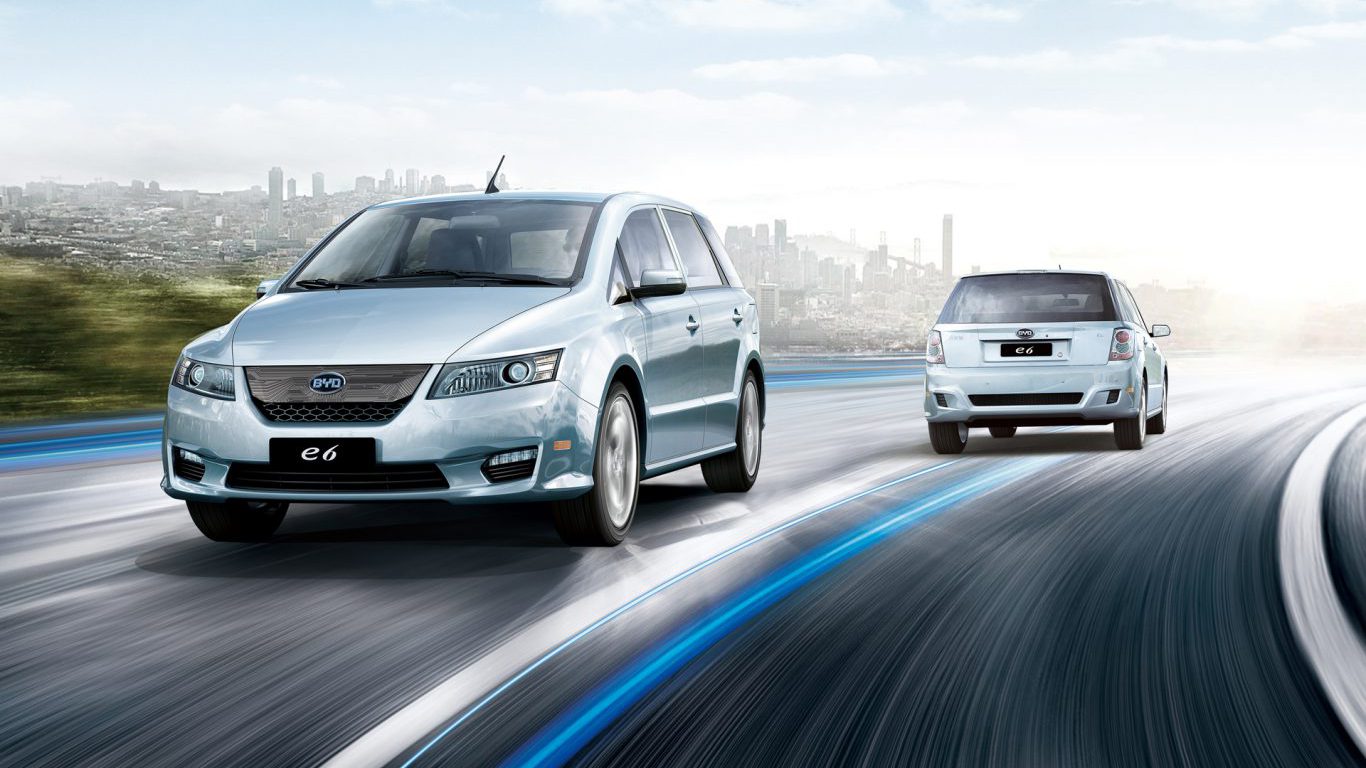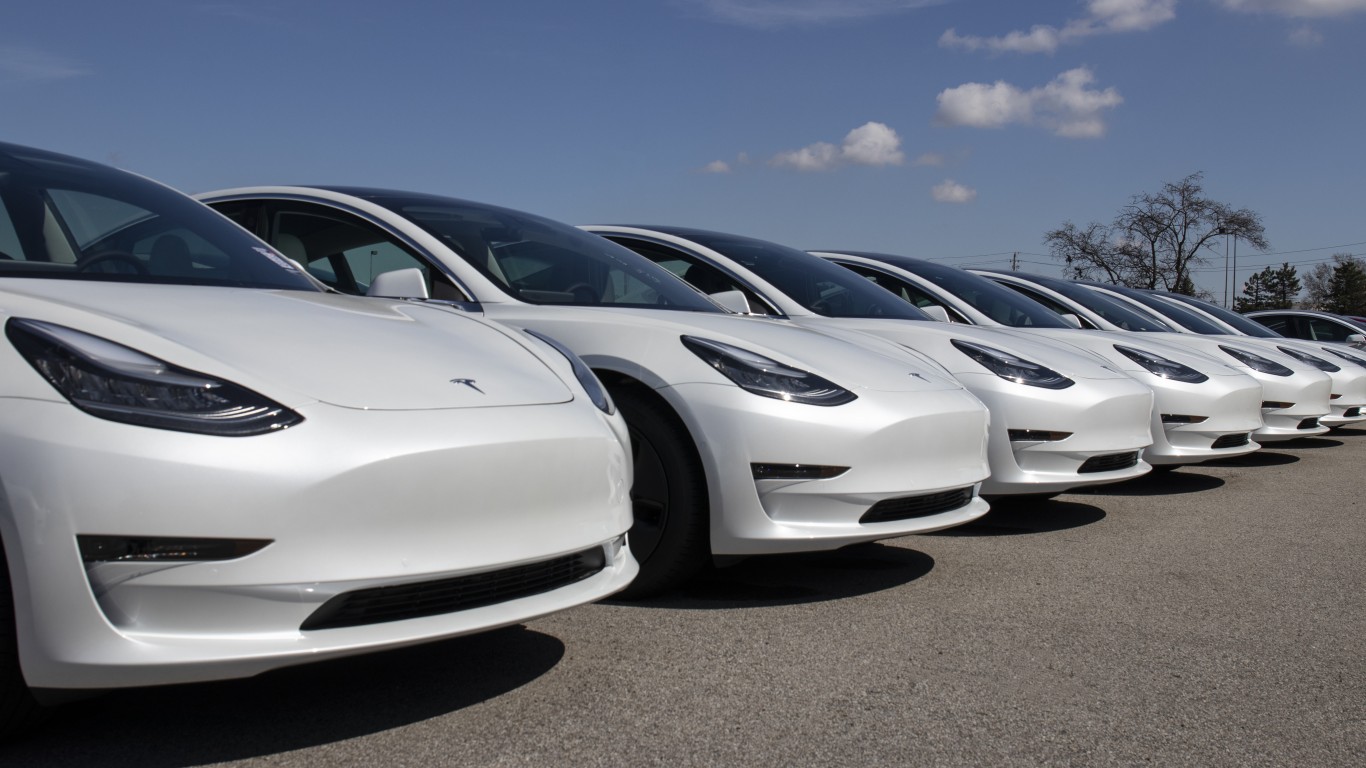
Global sales of electric vehicles (EVs), both all-electric battery vehicles (BEVs) and plug-in hybrids (PHEVs), totaled 2.18 million units in the second quarter of this year. That is a year-over-year increase of 61%. BEVs accounted for about 72% of sales and PHEVs for the rest. Hybrid gas-electric models like Toyota’s Prius and the Chevy Bolt are not included.
More striking, perhaps, is the Tesla Inc. (NASDAQ: TSLA) fall from the sales leadership spot for the first time ever. The second quarter’s sales leader was China’s BYD Auto with sales of more than 354,000 units, compared with Tesla’s sales of more than 254,000, according to a report from Counterpoint Research.
BYD last year announced a sales goal for 2022 of 1.2 million vehicles. If it reaches that number, it will be only the second EV maker to reach that milestone. Tesla expects to sell around 1.5 million vehicles globally this year.
EV sales in the second quarter were slowed by a March outbreak of COVID-19 in China. The country’s market recorded its largest year-over-year sales drop since the coronavirus made its first appearance two years earlier. Sales for the second half of the year are expected to improve, but the Chinese market remains vulnerable to an economic downturn, the energy crisis, supply chain constraints and rising tensions with the United States.
Way back in 2008, Warren Buffett’s Berkshire Hathaway Inc. (NYSE: BRK-A) paid $232 million for 225 million Hong Kong-traded BYD shares. At the end of 2021, those shares were valued at $7.7 billion. Berkshire Hathaway recently sold 1.33 million shares for about $47 million.
Buffett owns about 7.7% of BYD and just under 20% of the automaker’s Hong Kong-listed shares. BYD also trades over the counter in the United States (BYDDY and BYDDF).
BYD stopped manufacturing fossil fuel-powered vehicles in March of this year and is expanding its manufacturing in Europe. The company commenced operations in Norway earlier this year, will begin selling cars in Japan later this year and has announced plans to begin operations in Germany and Sweden. The company already sells vehicles in Australia.
In early August, the China Passenger Car Association raised its estimate for new EV sales in the country this year from 5.5 million to 6.0 million units. In 2021, Chinese consumers bought 3.0 million EVs. U.S. EV sales this year are projected to reach 1.2 million, and European sales are forecast to come in at 3.2 million.
The U.S. Inflation Reduction Act is expected to boost U.S. sales of EVs thanks to sales incentives of up to $12,000 for buyers of new vehicles. China has extended its consumer subsidies for new EV purchases through next year, while subsidies have decreased in Europe as governments focus on building out a charging network.
Thank you for reading! Have some feedback for us?
Contact the 24/7 Wall St. editorial team.
 24/7 Wall St.
24/7 Wall St.


